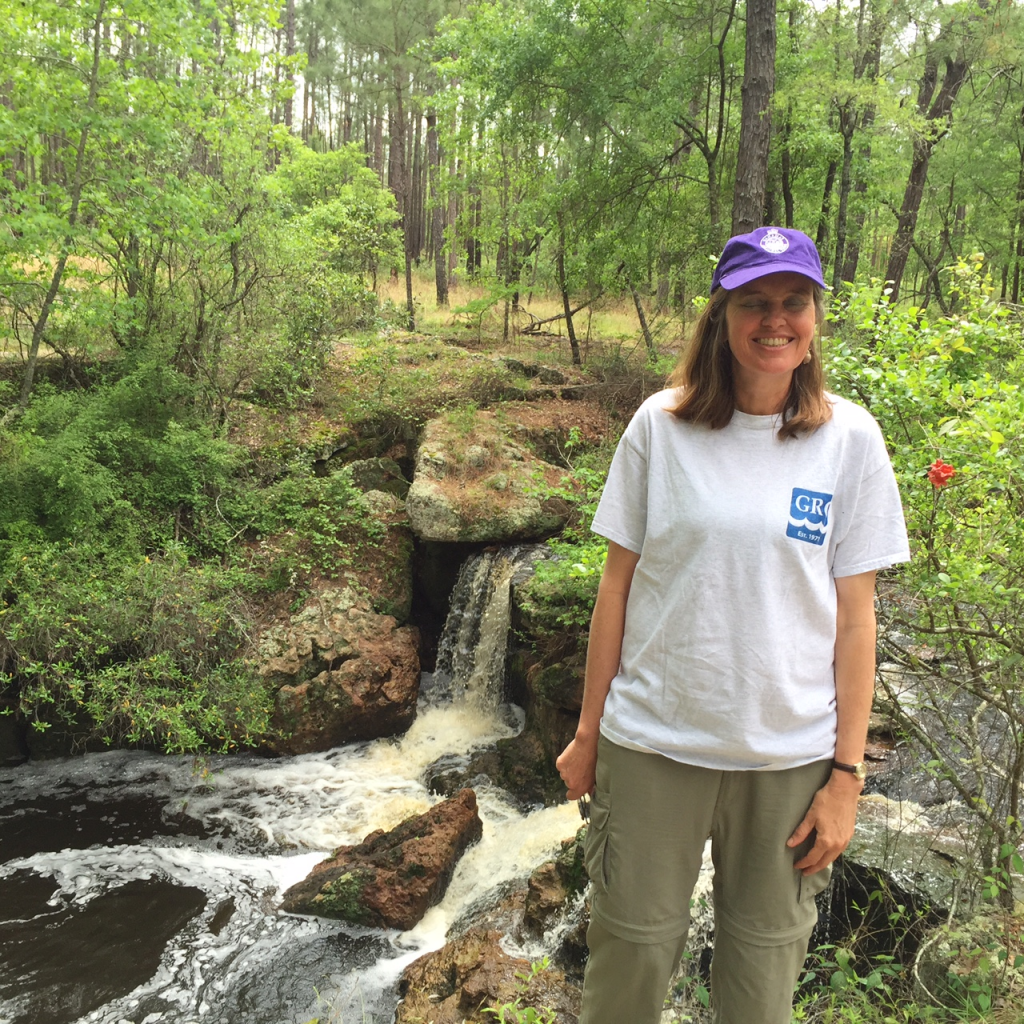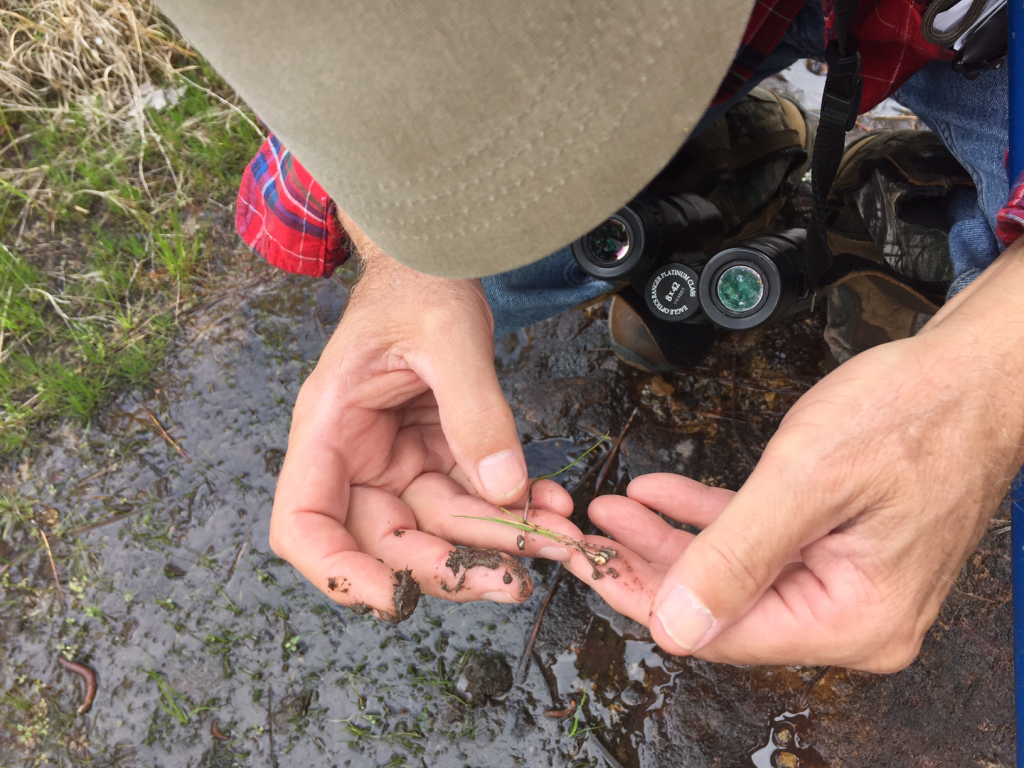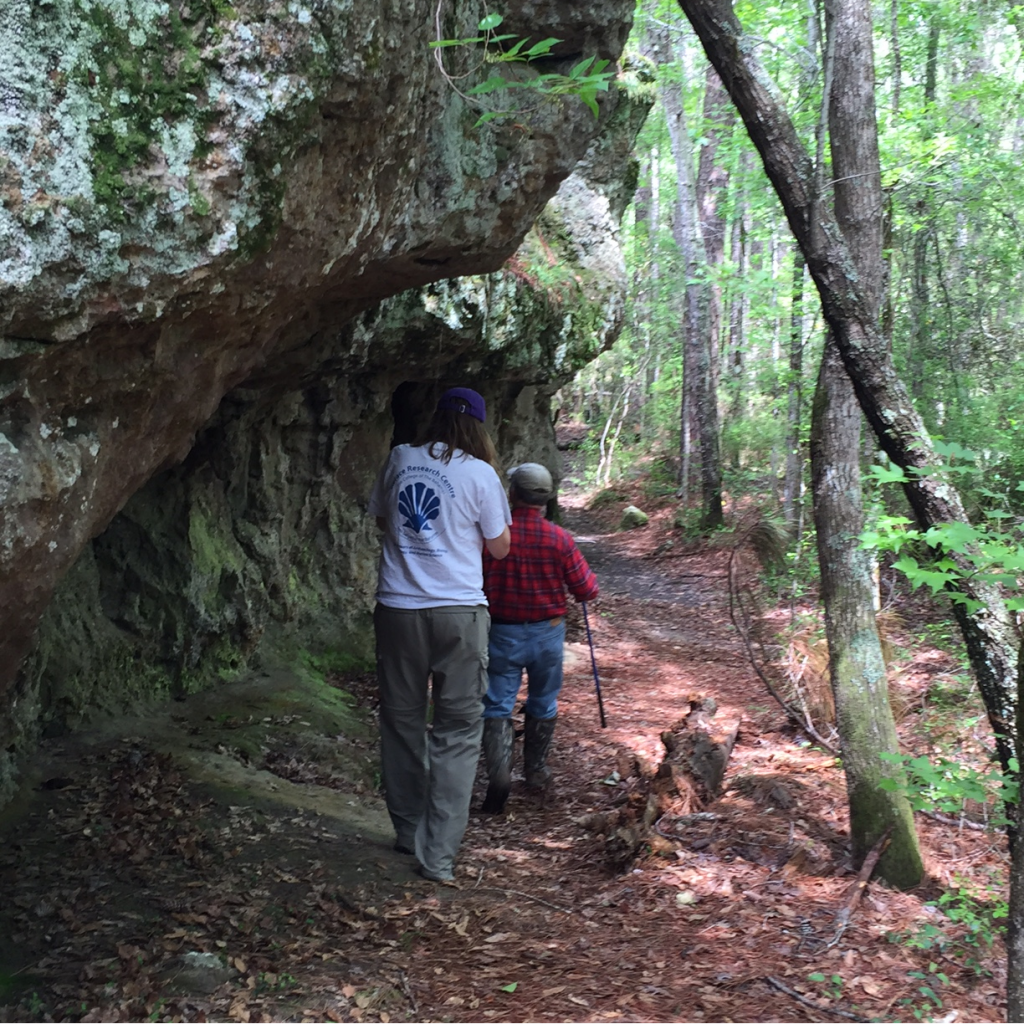
“Make Natural History and Biological Diversity Documentation ‘Great Again’”
By Dr. Melanie DeVore
There is no denying that the resources driving our documentation and understanding of biodiversity are rooted in the history of colonialism. From the Victorian practices of stuffing cabinets with curiosities from conquered lands, to the development of GIS technologies and satellite imaging associated with military might, the tools of our trade for documenting all forms of life and understanding its dynamic intricacies come from power associated with affluent nations.
The US might and world leadership in sciences did not come from establishing colonies. It came from serendipity associated with being the last standing economy after two world wars. Can you name one field of science which totally originated and evolved within North America? The power to fund robust research projects and build infrastructure for diversity studies thrived because of the strength of funding from the National Science Foundation (“NSF”), not because the US incubated scientific disciplines. True, philanthropy and private foundations are the cornerstones in supporting any significant collection. However, the funding for developing intellectual talent and innovation needed for understanding and managing biodiversity largely came from NSF dollars. Those dollars were delivered courtesy of our strong, post-war economy to fund dissertations, laboratories, and research in international field sites.
In essence, the US was a refugium for keeping biodiversity studies alive while the rest of the other global leaders in biodiversity studies restored their bombed buildings, tattered economies, and torn personal lives. It should come as no surprise that another former colony of England, Australia, became a strong leader in biodiversity and conservation science. It is impossible to return to the same US economy and same level of funding for biodiversity research of the past. History will never repeat and place us in exactly the same position. However, our path towards establishing the talent and expertise to tackle the global biodiversity crisis and address conservation need not be hindered.
Successful conservation requires recognizing a challenge, educating the stakeholders of that challenge, and effectively changing human behavior to tackle that challenge. The best way to do that is by having everyone do that in their own backyard. Specific to addressing the biodiversity crisis is the need to enable people to make connections with the biodiversity of their own region. If you want to salvage what remains of the world’s biodiversity, the US needs to be building capacity abroad with international colleagues and their students. That means helping to establish the resources and expertise within country. How much of that should rest on the traditional routes present within academic systems and private and public botanical gardens and museums housing collections?
In this new era it is essential for the US and developed nations to recognize their responsibility to provide the training, resources, and foster the environment needed for developing nations to be stewards of their own biological resources. I would like to explore and discuss ways to create and foster a new supportive role of conservationists, educators, and scientists as such capacity builders. Change was cast with hope by the Obama administration and embedded within anger by our President elect. Augustine of Hippo is credited with the following quote:
“Hope has two beautiful daughters; their names are Anger and Courage. Anger at the way things are, and Courage to see that they do not remain as they are.”
The charge for of all of us is to build our courage to counter our nation’s anger. This is essential for addressing all of the initiatives to save life in all of its incarnations.
Dr. DeVore holds a Ph.D. in Plant Biology from Ohio State University and is a specialist in plant systematics and paleobotany. She holds the Georgia Power Endowed Professorship for Environmental Science at Georgia College and State University. Her multidisciplinary cutting-edge field research, and teaching has taken her throughout the world. Dr. DeVore is the 2016 Dancing Star Foundation Research Fellow.



